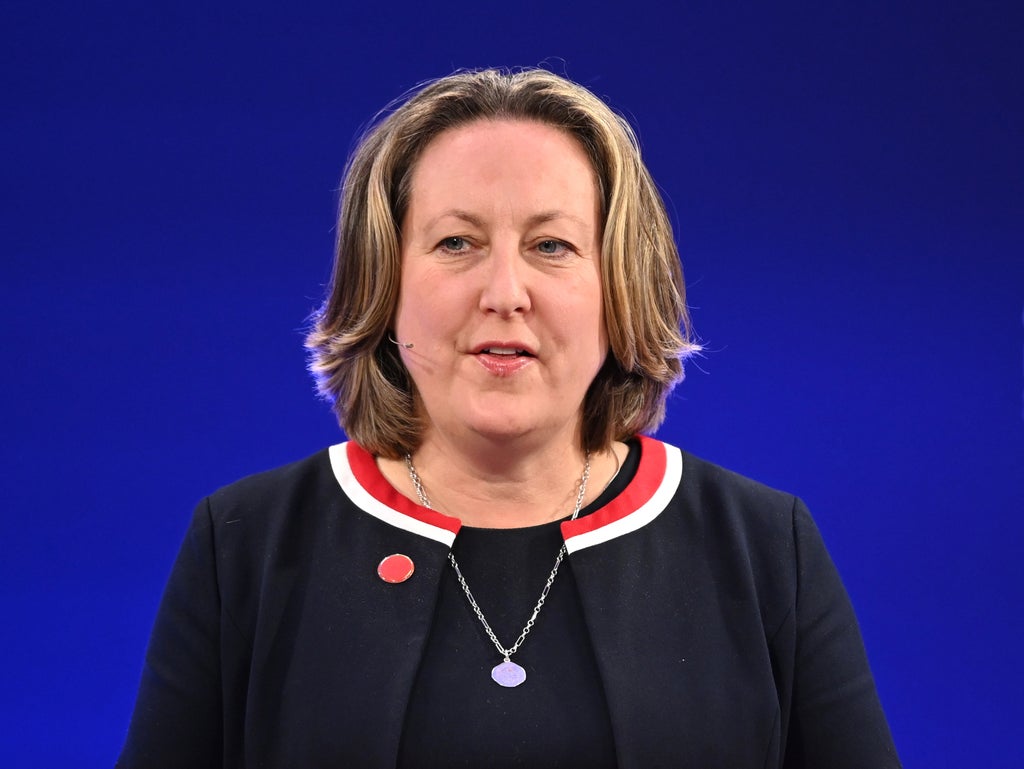
The UK is playing host to an African Investment Conference on Thursday, as it scrambles to retain influence on the continent, an investment battle ground for the world’s largest economies.
The prime minister will open the virtual event with a video address and attendees include African ministers, businesses leaders and the head of the World Trade Organization.
Economic links with the continent form a key part of the Global Britain agenda. The summit, the second of this kind, is aimed at promoting Britain’s overseas investment credentials and wider push to “revitalise economic engagement” in the region, according to the government’s Integrated Review.
The investment drive comes after aid cuts amounting to £943m were announced for the region in 2021-22, around half of the money donated in the previous financial year, according to a House of Commons library briefing.
The government views UK Export Finance (UKEF), the export credit agency, as a key means to underline its commitment to the continent, even as aid is crimped. Officials told The Independent this reflects a move by the successive Conservative governments to combine or replace aid with trade.
The agency has issued £4.5 billion of finance to support African projects in the past five years. Some £2.3 billion was secured in last year alone, a twenty-year high, and a sharp uptick compared to previous years.
UKEF issues loans and insurance to companies to enable them to finance exports overseas. The agency, along with other arms of government, has been criticised for its history in supporting fossil fuel projects, though it was told to stop offering backing to such deals in 2021.
Around 25 per cent of UKEF’s international exposure – made up of loans, insurance and guarantees – is now linked to development projects in Africa. In the financial year 2020-2021, UKEF gave seven times more support for projects in Africa than the Middle East and Asia, and twenty times more than for ventures in the Asia-Pacific region, according to its own data, reviewed by the Independent.
The agency is increasingly trying to illustrate how its investment has helped support projects which are greener in nature, rather than polluting.
One example is Mabey Bridge, a Gloucestershire-based company that used UKEF assistance to win a contract to shore up flood defences in Ghana. It is expected to build 87 bridges in the West African nation.
Others include £280m to finance six new hospitals in Cote D’Ivoire and £1.2 billion to assist the construction of two electric monorails in Egypt.
Ms Trevelyan said that the UK businesses’ expertise is helping African nations to become more resilient to climate change.
She added: “The UK is committed to supporting a safer, greener, more open continent that is more resilient to shocks and stresses - using trading relationships and investment to deliver sustainable growth.”
Because the loans from UKEF are made to a company and underwritten by the British government, some economists argue it is more ethical than the way other governments approach infrastructure investment, particularly in developing countries. But only if aid is not an option.
While there is profit in such projects for UK firms, they might go ahead without government support. Seeking finance on commercial terms can be challenging in high-risk environments.
Meanwhile, developing countries can struggle to raise sufficient funds for infrastructure initiatives on global bond markets. As investor appetites waned during the Covid pandemic, some had to withdraw from planned bond sales.
A key criticism of efforts to donate vaccines to African nations has been an underestimation of the logistical challenges of delivering doses presented by poor rural transport infrastructure.
There are still broader ethical concerns thrown up by UK businesses’ activities in Africa, however.
The Business & Human Rights Resource Centre said ahead of the investment conference that the UK government should “put in place legal mechanism to ensure its investors assess and mitigate their human rights and environmental risks” and highlighted a range of legal cases brought against UK companies linked to human rights abuses and their investments in Africa.
The UK also faces a battle for influence as Africa’s natural resources and young population have attracted the attention of global superpowers. India and China have sought to spend big in strategically important nations with access to key raw materials such as minerals used in electronics.
China’s influence in Africa has been bolstered by huge and often opaque levels of investment in a host of nations. These complex loans, often part of the wider Belt and Road Initiative, have come with terms that host governments have struggled to meet, resulting in China taking control of critical infrastructure.
Examples of this include recent controversy surrounding an airport in Uganda. Reports claimed that China and Uganda have a loan agreement for airport expansion that could see the Asian superpower seize the asset, if the African country is unable to service a loan with the country. China has rejected the claims, but the loan agreement is not public.
In December 2017, the Sri Lankan government handed over control of the Hambantota Port, to China after it was unable to service loans the Asian superpower had offered up for development of the site, which has huge military and trade advantages.





